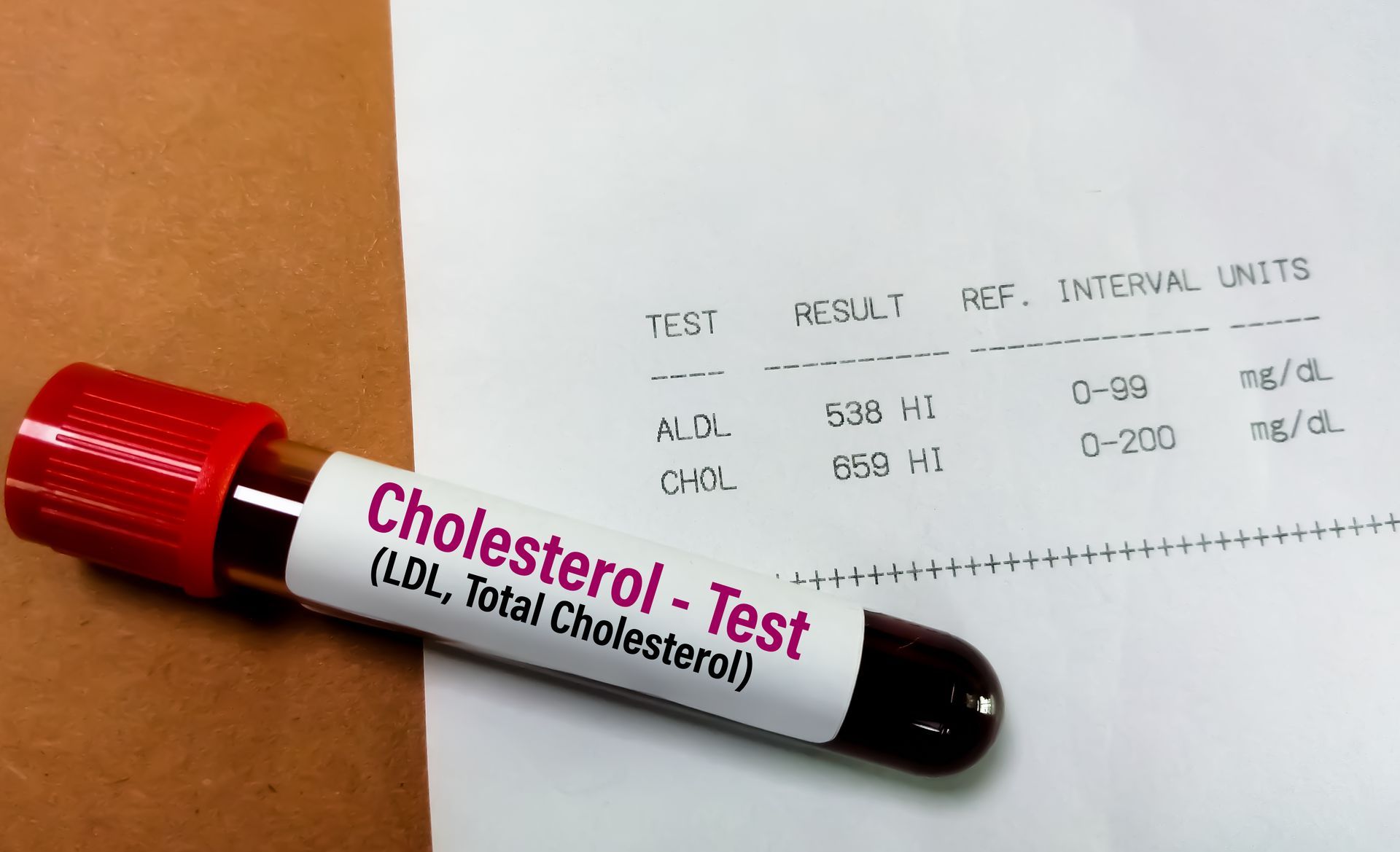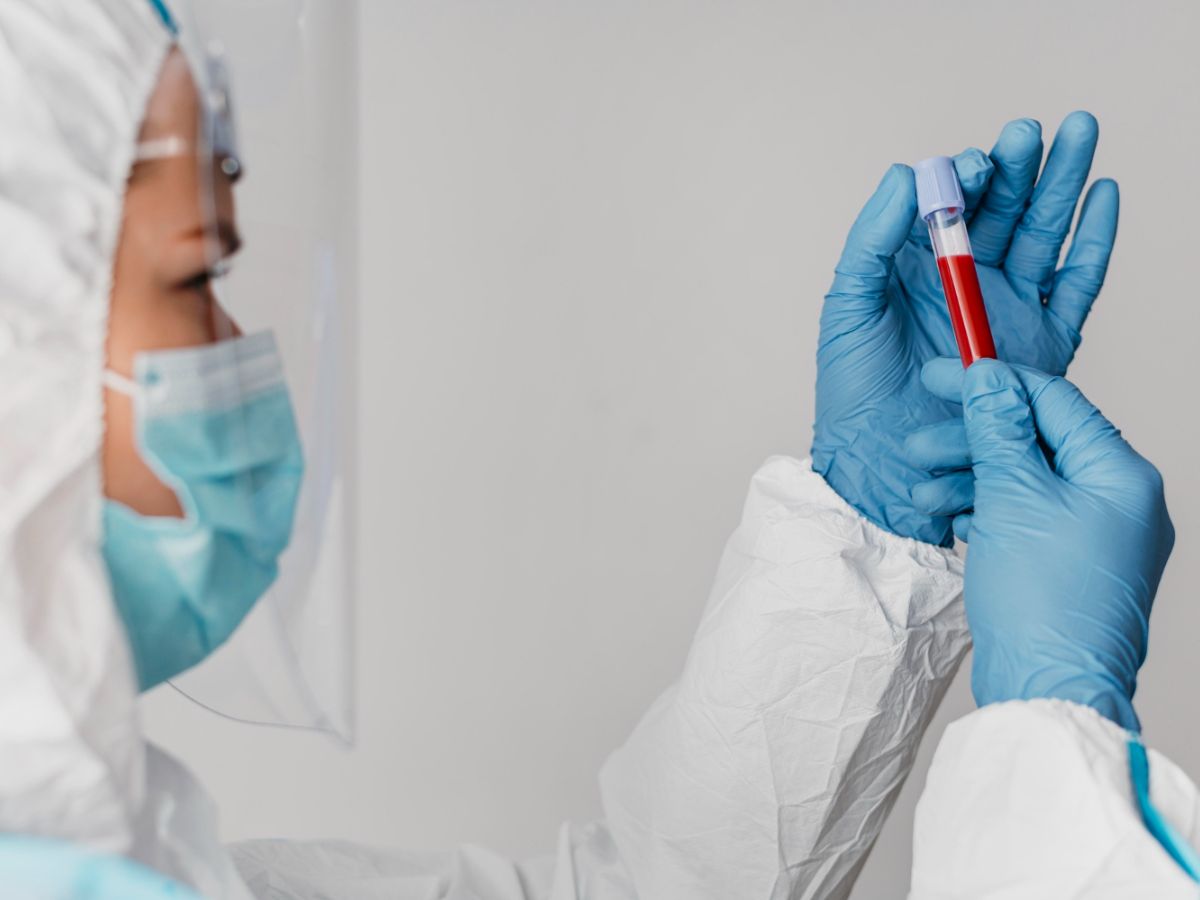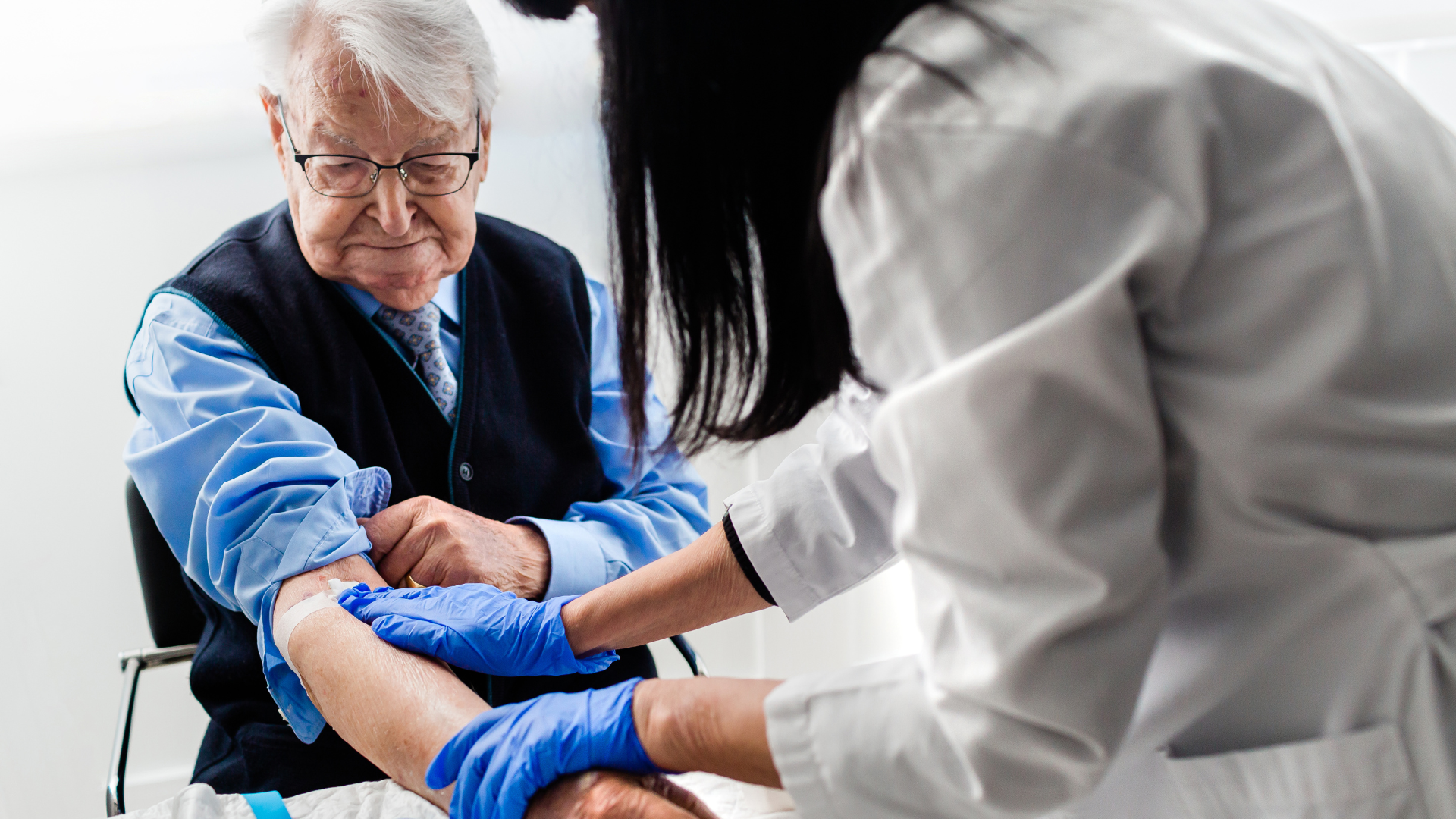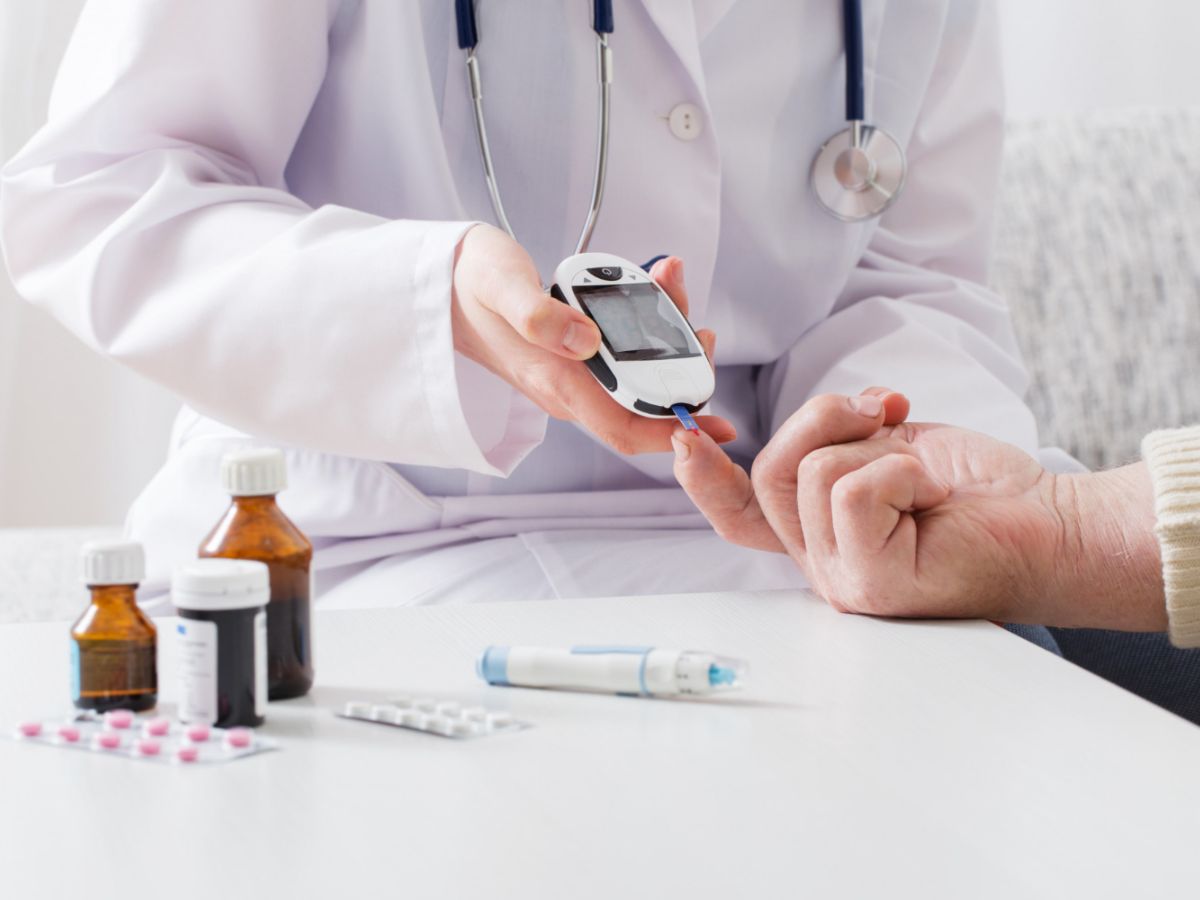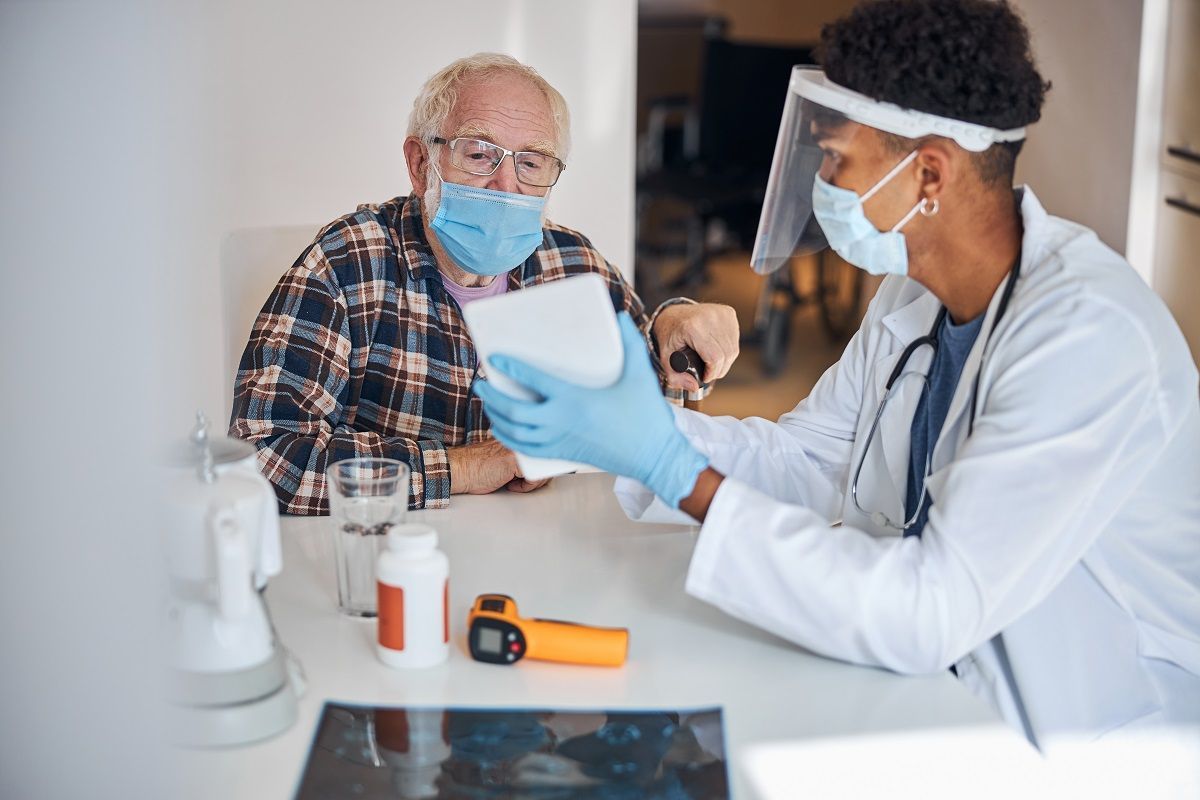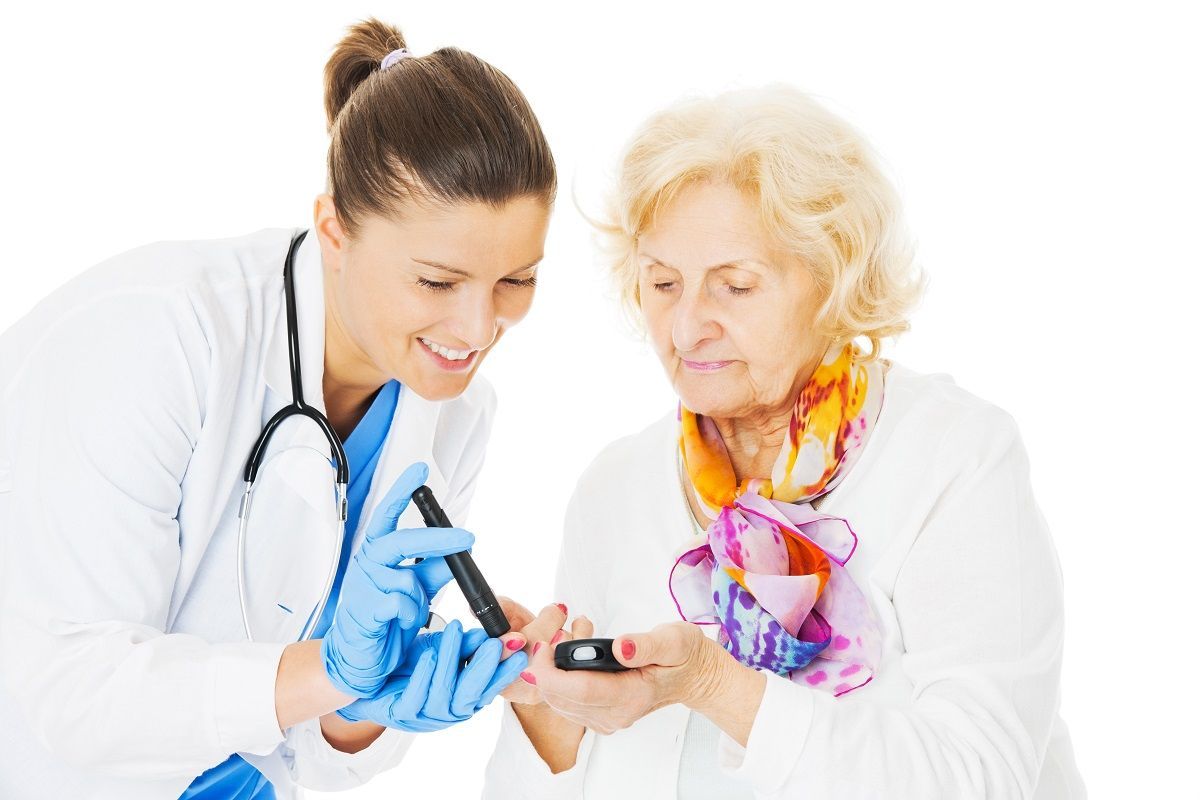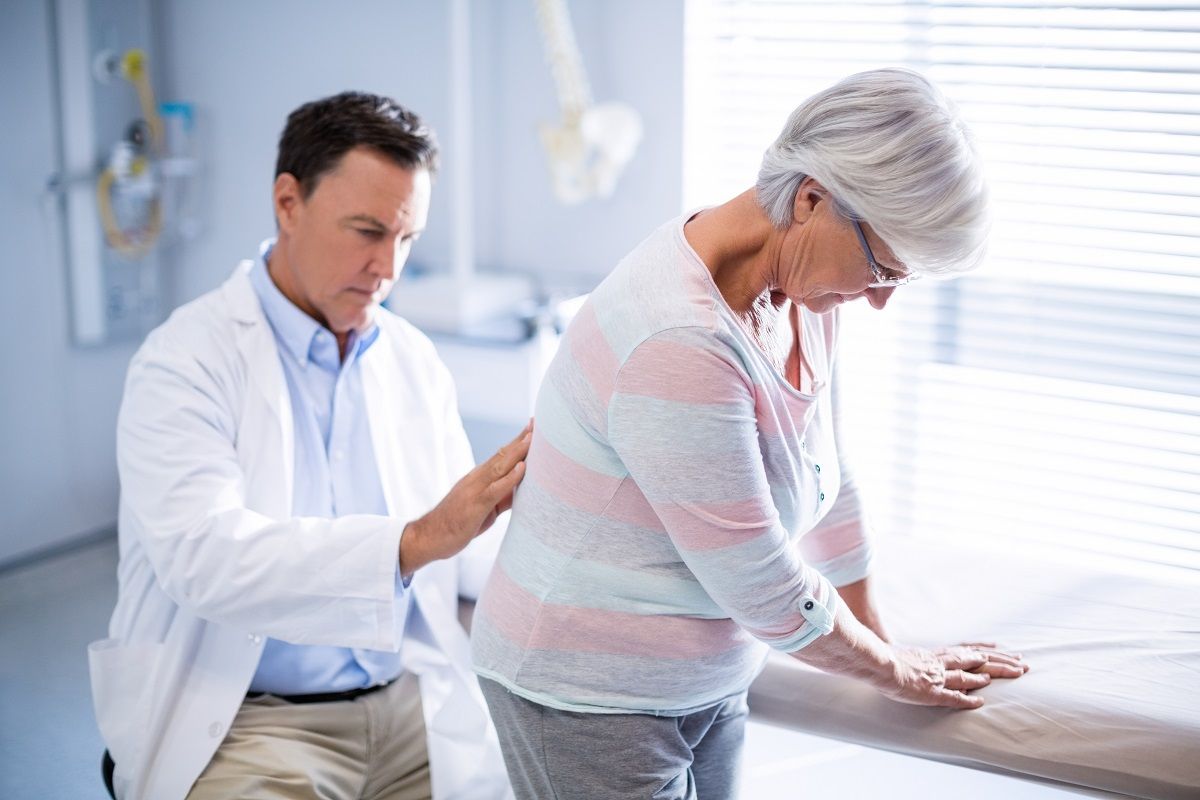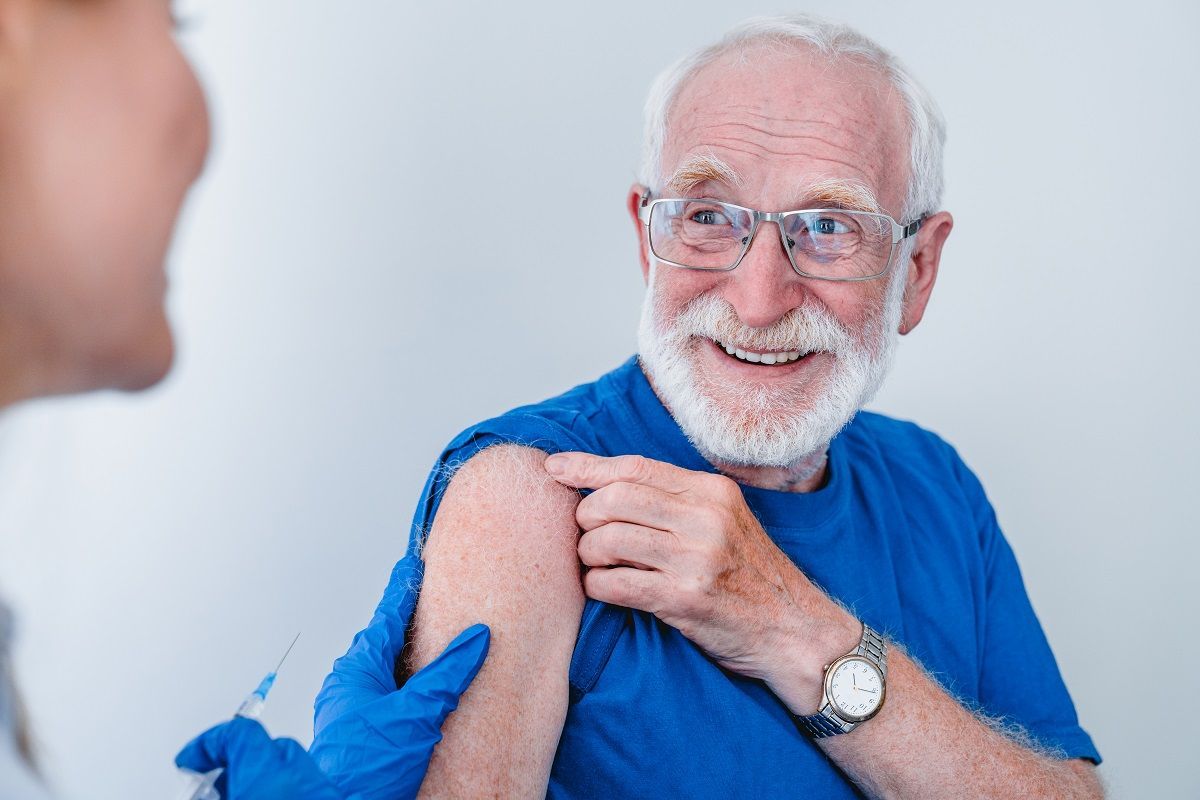Our Location
Elige tu idioma:
Common Skin Conditions in Seniors: What's Your Concern?
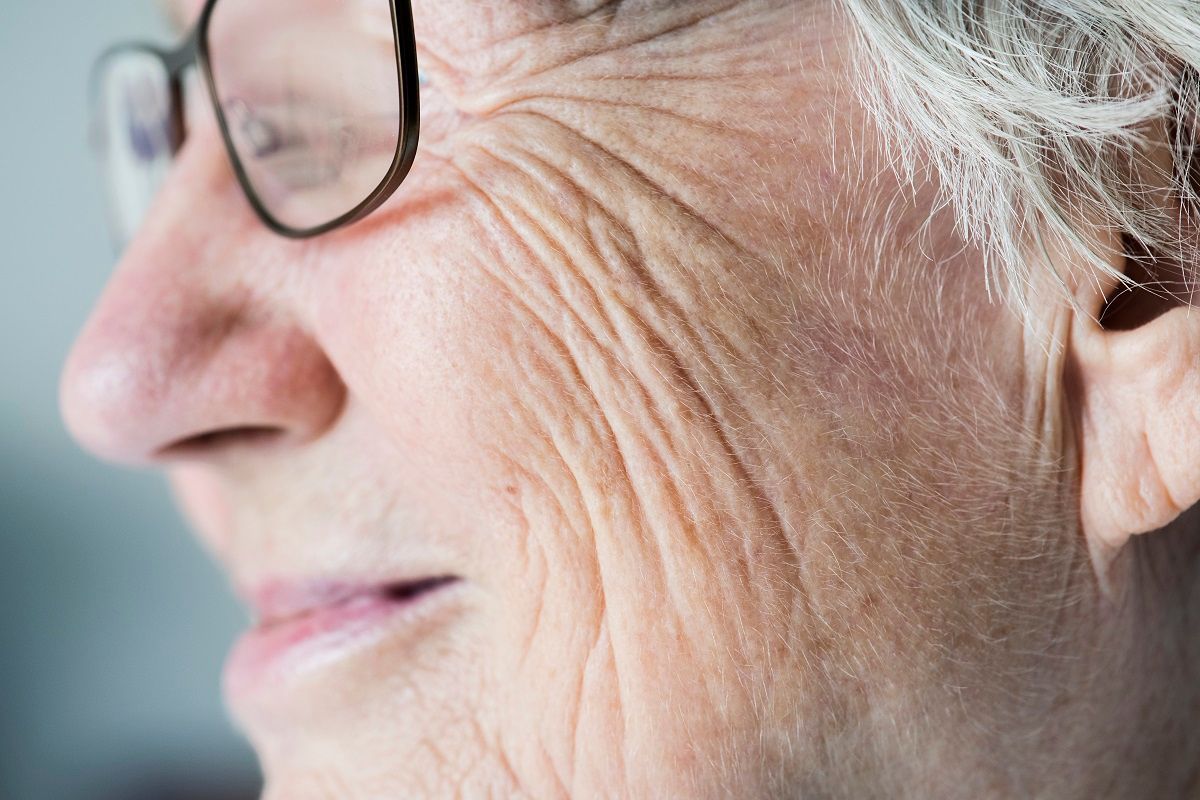
Skin Problems in Elderly People
The largest organ in the human body is the skin, which serves as a protective shield against various external factors. Our skin undergoes significant changes as we age, making seniors more susceptible to certain skin conditions. Over 90% of elderly individuals have some form of skin condition.
Understanding these common skin issues and their implications is crucial for ensuring optimal health and quality of life in older adults.
Understanding Aging Skin Problems
The natural aging process affects the skin in several ways. Over time, the skin becomes thinner, less elastic, and more fragile. Decreased production of natural oils leads to dryness, while years of sun exposure can result in wrinkles and age spots. Understanding these changes is vital to addressing the specific needs of aging skin.
Common Elderly Skin Conditions
Dry Skin (Xerosis)
One of the most prevalent aging skin conditions is dry skin, also known as xerosis. Factors such as reduced oil production, frequent bathing, and environmental elements cause dry skin, leading to itching, flaking, and discomfort.
Wrinkles and Fine Lines
Wrinkles and fine lines are the most noticeable indicators of age. UV light damages the skin's collagen and elastin, causing wrinkles and sagging. Frequent exposure to UV radiation from sunbathing, outdoor sports, and tanning booths can accelerate the formation of wrinkles on the skin.
Skin Cancer
Skin cancer—including melanoma, basal cell carcinoma, and squamous cell carcinoma—is more prevalent in seniors due to cumulative ultraviolet ray exposure throughout their lives. Regular skin checks and sun protection are crucial for prevention and early detection.
Eczema and Dermatitis
Eczema and dermatitis can be more concerning for seniors due to the natural changes that occur in the skin as we age. Additionally, seniors may be more likely to take medicines that can dry out the skin or compromise the immune system. This condition makes it harder for their body to fight off infections. All of these factors can make it more difficult for seniors to manage and treat eczema and dermatitis and can lead to more severe symptoms and complications.
Psoriasis
Psoriasis is an autoimmune disorder that causes the fast build-up of skin cells, resulting in red, scaly patches. While it can affect individuals of any age, it often first appears in adulthood and may worsen with age.
Rosacea
Rosacea is an adverse skin disorder that affects the face, causing redness, visible blood vessels, and pimple-like bumps. Triggers such as overexposure to sunlight, spicy foods, and alcohol can exacerbate symptoms in seniors.
Shingles (Herpes Zoster)
Shingles, caused by the varicella-zoster virus, causes an irritating and painful rash that typically develops on one side of the body. Seniors, especially those with weakened immune systems, are at higher risk of developing shingles.
Fungal Infections
Fungal infections, such as athlete's foot and ringworm, can affect seniors, particularly those with weakened immune systems or diabetes. Keeping the skin clean is crucial for preventing these infections.
Common skin infections in elderly individuals:
- Impetigo
- Cellulitis
- Folliculitis
Pressure Ulcers (Bedsores)
Bedridden older adults who have limited mobility may develop pressure ulcers, also known as bedsores. These painful sores result from prolonged pressure on the skin, often in areas with bony prominences.
Causes and Risk Factors
Several factors contribute to developing skin conditions in seniors, including environmental influences, genetic predisposition, lifestyle choices, and underlying medical conditions. Understanding these risk factors can help older adults take proactive steps to protect their skin.
Symptoms and Diagnosis
Recognizing the signs and symptoms of common skin conditions empowers seniors to seek timely intervention. Diagnostic procedures such as skin biopsies and allergy tests may be necessary to confirm a diagnosis and guide treatment.
Symptoms of common skin conditions include:
- Itching
- Redness
- Inflammation
- Swelling
- Rash
- Dryness
- Flakiness
- Blistering
- Scaling
- Changes in skin color or texture
Prevention and Management
Here are practical tips for seniors to prevent skin disorders:
- Keep the skin moisturized: Use a good quality moisturizer to maintain hydration and prevent dryness.
- Protect your skin from the ultraviolet rays: Wear protective clothing and apply sunscreen lotion with at least SPF 30 when in the sun.
- Avoid hot water: Bathing or washing with hot water can deprive the skin of natural oils, making it dry and itchy.
- Maintain personal hygiene: Keep the skin clean to prevent bacterial and fungal infections.
- Be mindful of allergies: Avoid using products that can trigger an allergic reaction, such as perfumes, detergents, and soaps.
- Check for any changes in the skin: Regularly check the skin for any unusual changes, such as moles, rashes, or lesions, and consult a doctor if you notice anything suspicious.
Regular medical check-ups enable
healthcare providers to monitor skin health and promptly address concerns.
Read: The Role of Routine Check-Ups in Senior's Health and Well-Being
Treatment Options
Treatment for skin conditions in seniors may include topical creams and ointments, oral medications, phototherapy, or surgical procedures. The treatment plans depend on the severity and type of condition. A personalized treatment and management protocol is essential for optimal outcomes.
Support and Resources
Seniors and their caregivers can benefit from access to support services, including assistance with daily skin care for elderly ladies and gentlemen, community resources, and participation in support groups. These resources provide valuable support and encouragement for individuals navigating skin-related challenges.
Conclusion
As we age, maintaining healthy skin becomes more important than ever. By understanding common skin conditions, recognizing risk factors, and implementing preventive measures, older adults can proactively care for their skin and reduce the impact of aging-related challenges.
FAQs
What causes thin skin in elderly people?
Natural aging causes the skin to thin in older adults. As we age, the skin produces fewer collagen and elastin, primary proteins that give the skin strength and elasticity.
How can I differentiate between benign and severe skin conditions?
It's essential to monitor changes in your skin and consult a doctor if you notice persistent symptoms, unusual growths, or changes in moles or spots.
What skincare products are best for seniors with sensitive skin?
Seniors with sensitive skin should opt for gentle, fragrance-free products formulated for sensitive skin types.
Enjoy Your Golden Years Free From Skin Conditions!
Ocana Medical Center stands out as the premier clinic for senior skincare due to our specialized approach explicitly tailored to the needs of older adults. With a team of highly rated healthcare experts, our medical center offers comprehensive assessments and personalized treatment plans to address various skin conditions commonly affecting seniors.
From dry skin to more complex issues like skin cancer, Ocana Medical Center prioritizes patient comfort and satisfaction, providing compassionate care in a welcoming environment.
Additionally, we stay at the forefront of medical advancements, ensuring seniors receive the most innovative and effective treatments. With a commitment to excellence and a focus on promoting healthy aging, Ocana Medical Center is the trusted choice for seniors seeking optimal skin health and wellness.
Book an appointment today!
“Respect. Compassion. Quality. Integrity. These are the values on which Ocana Medical Center was built. Our aim isn’t just to treat you today. We hope to earn your trust and be your healthcare provider for life.”
©2023 Ocana Medical Group, Inc.
USEFUL LINKS
GET IN TOUCH
Call Us Today
Send us Email
Our Location
Ocana Medical Center | All Rights Reserved.



